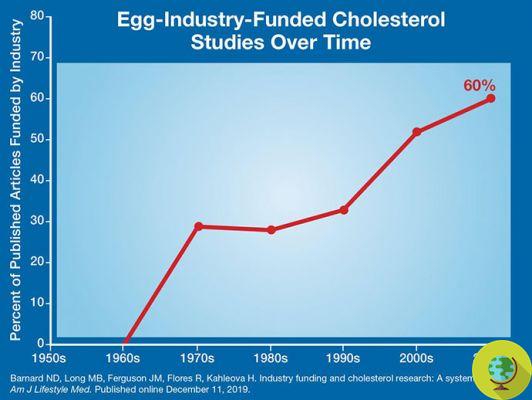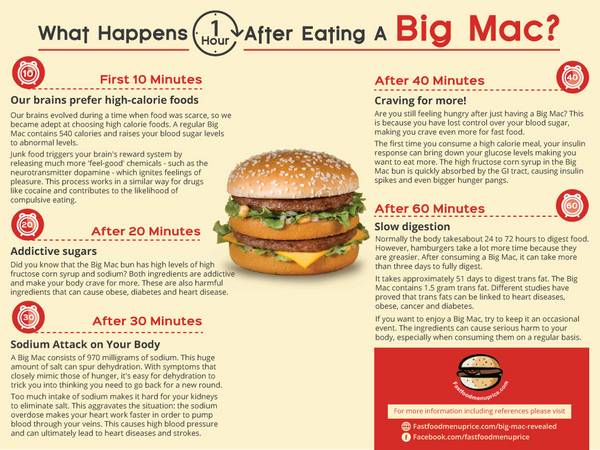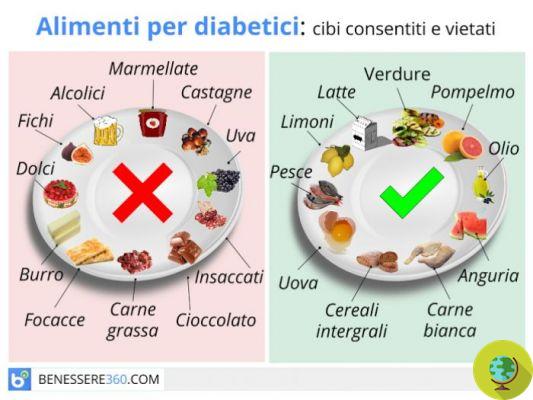
New research has identified some biological changes that could explain the positive impact of intermittent fasting
Don't store avocado like this: it's dangerousA new study looked at what happens biologically to people following intermittent fasting. In particular, the researchers paused to analyze some changes within the body that are activated thanks to this practice and that lead to a series of benefits including weight loss.
For years, crucial importance was attached to the type and quantity of food consumed but, in most cases, "when" was eaten at all. Currently, however, chrononutrition is becoming increasingly important, reminding us that among the fundamental factors to be considered there is also the time in which certain nutrients are consumed.
Previous studies have shown that an effective way to lose weight and fight obesity is to reduce the number of hours you eat each day. Time-limited feeding - intermittent fasting - has also been shown to improve health even before weight loss begins.
We had already told you about another research that had focused precisely on intermittent fasting and in particular on the way in which cells react to this practice to promote weight loss.
Intermittent fasting: Scientists discover how cells react and how they would trigger weight loss
Restricting eating hours is important, according to experts, not only for losing weight but also for improving overall health. This is now confirmed by new research, published in Nature, by a team from the University of Copenhagen, the Catholic University of Australia and the Karolinska Institute.
Their study identified a number of key changes in muscle genetic activity, as well as muscle fat and protein content, that could explain the positive impact of time-limited nutrition.
In essence, the experts sought to assess what are the human body's first adaptations to intermittent fasting, identifying what happens on a biological level and how fasting alone can benefit human health (including weight loss).
The research was based on sample of 11 overweight or obese men, who was assigned one of two feeding protocols for five days: 16-hour intermittent fasting (they could only eat 8 hours a day) or a diet with no time restrictions. On the fifth day, blood samples were taken every four hours for 24 hours.
After a 10-day break, the experiment was repeated, but exchanging the groups: those who had practiced intermittent fasting now had to follow a diet without time constraints and vice versa.
Muscle gene expression and metabolite profile in blood and muscle were then studied in all volunteers. According to the results obtained, intermittent fasting changes the concentration of metabolites in the blood and also changes muscle gene expression, especially in the case of the transport of amino acids, the basic components of proteins.
The metabolite profile of skeletal muscle then changes from being based on lipids (fats) to amino acids (the basic unit of protein) after following a restricted diet or intermittent fasting.
Furthermore, although some experts are convinced that intermittent fasting can alter the circadian rhythm, the new study would disprove this hypothesis.
According to Leonidas Lundell, of the Center for Basic Metabolism at the Novo Nordisk Research Foundation at the University of Copenhagen, what they observed during the study is that the genetic activity of the skeletal muscle's circadian clock did not change due to the time restriction that the Intermittent fasting entails, but that this activity would be influenced by the diet as such and not therefore by the limitation of the time to consume food.
Changes in metabolites and gene expression caused by time-limited feeding could therefore be responsible for the positive health impact of intermittent fasting.
The study reiterates that, having less time to consume food, in the end it consumes less.
Researchers believe that the relationship between intermittent fasting and metabolic health should continue to be studied, with the aim of devising therapies to improve cases of overweight and obesity.
Fonte: Nature / Science Daily
Read also:
- 16: 8 intermittent fasting diet really helps you lose weight. I study
- Evening fasting diet: how it works, what to eat and contraindications
- All the benefits of the fasting-mimicking diet
- Fasting: 10 good reasons to do it every now and then


























